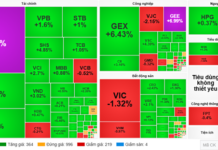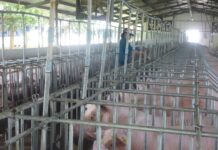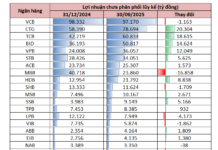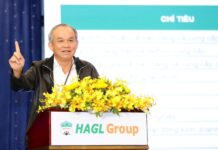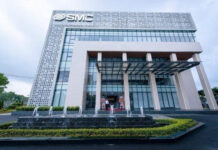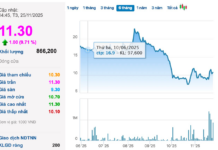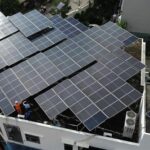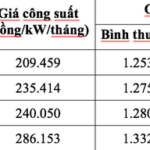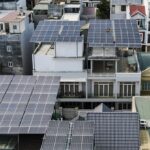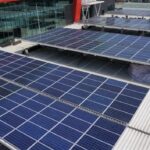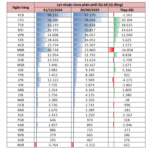As Vietnam’s electricity sector begins piloting parallel billing for the two-part tariff mechanism from October 2025, manufacturing enterprises face a complex cost optimization challenge.
Recognizing this, JJ-LAPP Vietnam, a leading provider of cable and connectivity solutions, proactively organized a specialized seminar on Battery Energy Storage Systems (BESS) in Hanoi, drawing significant interest from northern industrial enterprises.
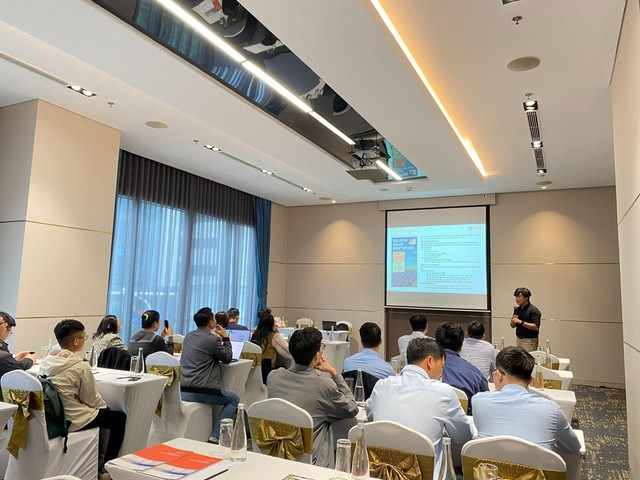
Mr. Le Vu Minh Khang, Solution & Technical Specialist at JJ-LAPP, discusses the BESS model and its industrial applications.
The event emphasized a clear message: the key to controlling costs under the new pricing mechanism lies not only in saving electricity consumption (kWh) but, more importantly, in managing “Capacity Charges” (kW).
The New Challenge: “Capacity Charge”
The two-part tariff mechanism is an inevitable trend, separating the electricity bill into two distinct components:
Energy Charge: calculated based on consumption (kWh).
Capacity Charge: a fixed fee based on the maximum capacity (kW) registered or used by the enterprise.
The old model, based solely on kWh, created inequality, with stable electricity users subsidizing those with peak load fluctuations.
The new mechanism will allocate costs more fairly—those putting greater pressure on the system (requiring high peak capacity) will share corresponding investment costs.
This directly challenges seasonal manufacturers or those with large production lines starting simultaneously, pushing maximum capacity (Pmax) higher.
They may face a 3–5% increase in fixed costs, even during low-activity months.
Technological Solution: “Peak Shaving” with Solar and BESS
At the seminar, JJ-LAPP experts presented practical strategies for cost optimization, highlighting Strategy 2: Investment in Supporting Technology.
The new pricing mechanism focuses on controlling maximum capacity (kW). Battery Energy Storage Systems (BESS) directly address Capacity Charges.
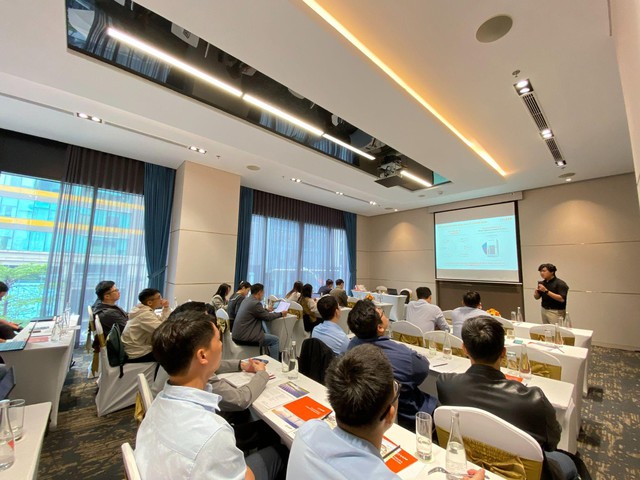
Huawei’s BESS solution attracts attention for its intelligent and safe operation capabilities.
BESS solutions, particularly advanced systems from Huawei provided by JJ-LAPP, enable enterprises to proactively “flatten the load curve.”
The mechanism is highly intelligent: BESS stores electricity from the grid during off-peak hours (low cost) and releases it during peak hours, effectively “shaving” sharp load peaks, significantly reducing Pmax used for capacity cost calculations.
Comprehensive Solution: Optimizing Both kW and kWh
JJ-LAPP goes beyond BESS, offering a comprehensive solution by integrating Rooftop Solar Power (Solar).
This combination delivers dual benefits:
Rooftop Solar Power: allows enterprises to generate their own electricity, reducing grid dependence and directly lowering Energy Costs (kWh).
Huawei BESS System: “shaves” load peaks, reducing Capacity Costs (kW). Excess solar energy can also be stored in BESS for use at night or other peak hours.
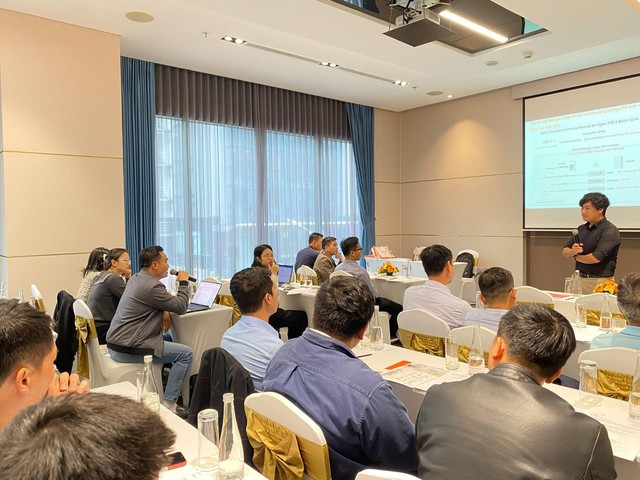
Guests engage in lively discussions about energy storage technologies and their potential applications for businesses.
According to simulations in the advisory materials, a typical manufacturing enterprise with a well-managed load curve can save 4.55% of total costs, equivalent to hundreds of millions of VND annually.
This figure becomes even more impressive for enterprises proactively investing in technology.
Turning Challenges into Opportunities
At the event, experts noted that while the two-part tariff mechanism initially creates pressure, it also opens opportunities for enterprises to invest in modern load management technologies. Solutions like BESS or the Solar + BESS model are considered suitable for cost optimization and long-term operational stability.
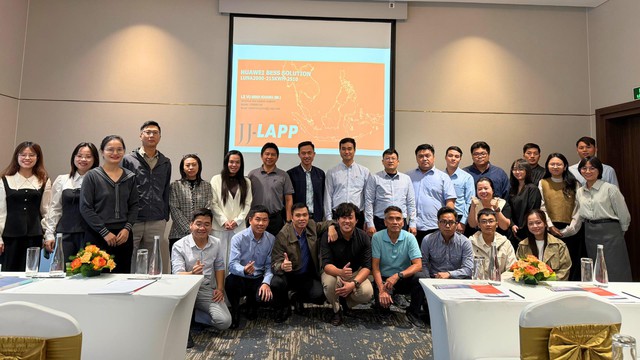
JJ-LAPP reaffirms its commitment to accompany enterprises in the journey toward sustainable energy transition.
The pilot phase is expected to begin in July 2026, so enterprises are advised to proactively analyze consumption data and explore technological solutions now to adapt when the new mechanism takes effect.
JJ-LAPP Vietnam – Partnering in Energy Transition
As an official distributor of Huawei BESS and a strategic partner of LAPP and Phoenix Contact, JJ-LAPP Vietnam offers comprehensive energy solutions—from design and installation to operation.
The JJ-LAPP Vietnam team is always ready to accompany, consult, and propose the most suitable solutions based on specific operational requirements—from design and product selection to actual implementation.
Let us help you build an efficient, safe, and sustainable operating system from the very first step.
Proposed Repeal of Requirement for Citizens to Notify EVN When Installing Rooftop Solar Power
The Ministry of Industry and Trade has proposed a new regulation: homeowners with rooftop solar systems connected to the national grid (even if only for self-consumption, not selling excess electricity) must submit a notification through their local commune-level People’s Committee, rather than directly to the power company as previously required.
Government Support for Residential Rooftop Solar Installation: New Proposal from the Ministry of Industry and Trade
In addition to direct financial support ranging from 2 to 3 million VND, the Ministry of Industry and Trade has proposed that households installing rooftop solar power systems be eligible for loans with specific subsidized interest rates, along with defined interest rates for overdue payments.

